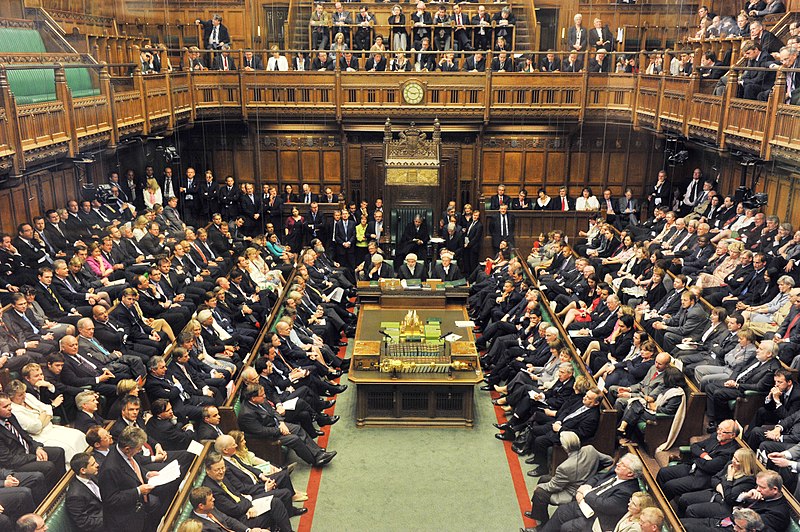
The UK’s Education Secretary will vote against legalising ‘assisted dying’ when Parliament has its say next week, deepening a Cabinet split on the issue.
A Labour MP proposed the private members bill and it got the support of the party to be put to a vote on the floor of the Commons, even as Sir Keir Starmer said a whip would not apply and party members could ‘vote their conscience’.
Bridget Phillipson suggested there were not enough safeguards in the UK bill that will be debated and voted on by MPs on Nov 29. The bill has more safeguards than are recommended by the report of the Oireachtas Committee on ‘assisted dying’.
The UK version would facilitate terminally-ill adults with six months to live to legally take their own lives if supported by a High Court judge and two doctors.
Ms Phillipson is the fifth Cabinet minister expected to oppose the bill. Wes Streeting, the Health Secretary, and Angela Rayner, the Deputy Prime Minister, are also set to vote against it.

Christmas party attendees have been urged to take precautions over the festive season amid a worrying surge in cases of sexually transmitted infections (STIs) across Ireland.
As public health records show continual increases in chlamydia, gonorrhoea, herpes, syphilis and HIV, HSE officials have urged people to take care of their sexual health with Christmas traditionally proving a time of high risk given increased alcohol and drug consumption.
The HSE directs people to, “not have any form of sex” if any sign of an infection, cuts or sores in the genital area appear, and advises getting tested for STIs even if no symptoms show.
It also advises that condoms “reduce”, not eliminate, the risk of getting an STI and it notes that some STIs are passed on merely by “skin-to-skin contact”.
Detections of STIs traditionally surge at Irish hospitals and clinics between January and April – with doctors directly linking the spike to increased end-of-year sexual activity.
In some cases, the rate of detection and treatment is doubled in February and March compared with the rest of the year.
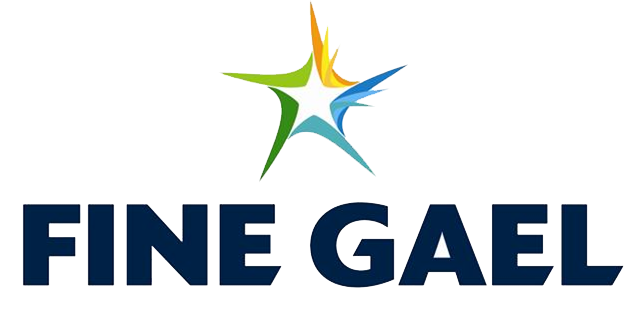
Fine Gael will ensure that one of the most permissive surrogacy regimes anywhere will go into operation in Ireland as soon as they return to Government.
Critics say the practice exploits women and commodifies children.
Speaking at the launch of the party’s policy on children, Senator Mary Seery Kearney said, “in the first 100 days in Government, Fine Gael will ensure the commencement of the Assisted Human Reproduction Act. This will entitle families to go to the courts to get their much needed parental order. This is a commitment”.
In addition, the Senator said Fine Gael “will drive the establishment of the Assisted Human Reproduction Regulatory Authority, enabling all those future surrogacy journeys and also IVF funding”.
The Party has also included a commitment in its manifesto to “enact without delay supplementary legislation”.
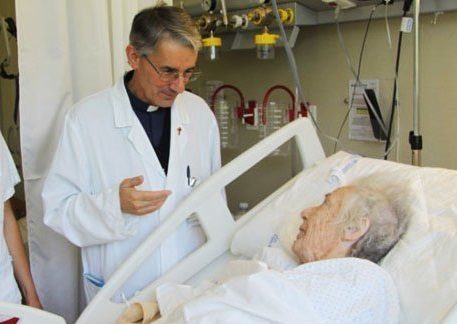
As the United Kingdom debates legalizing assisted suicide, the bishops of England and Wales said “genuine compassion” is expressed through caring for people with terminal illness.
Labour MP Kim Leadbeater introduced the Terminally Ill Adults (End of Life) Bill which would enable doctors to help terminally ill adults with six months to live to kill themselves.
The English and Welsh bishops have responded that “genuine compassion is under threat”.
“‘Compassion’ means to enter into and share the suffering of another person. It means never giving up on anyone or abandoning them. It means loving them to the natural end of their life, even if and when they struggle to find meaning and purpose,” the bishops’ statement says.
“Compassion means accompanying people, especially during sickness, disability, and old age. This kind of genuine compassion is witnessed through the care and respect we show to people with terminal illness as they complete their journey in this life,” they continue.
“Life is a gift to be protected, especially when threatened by sickness and death,” the bishops say.

Police have dropped a “terrifying” investigation of a former academic researcher for a tweet she posted that was critical of a transgender GP.
Maya Forstater, now the executive director of Sex Matters, which campaigns for clarity about sex in law and policy, was told on Thursday evening that police would take no further action against her.
This came after she was investigated for 15 months by Scotland Yard.
The Metropolitan Police appeared to have “sat” for two months on the decision that no crime had occurred before informing her on Thursday evening, just a day after The Telegraph published a story about her plight.
Forstater had told the newspaper that her experience had been “Kafkaesque” in that she had not been told anything about what tweet she was being investigated for or who had made the complaint until she agreed to turn up to a voluntary interview with officers or face arrest.
“The whole process was Kafkaesque. It has been very stressful and intimidating. It has felt like I have been questioned by a political body, not by the police supposed to be treating people without fear or favour. So it was terrifying.”
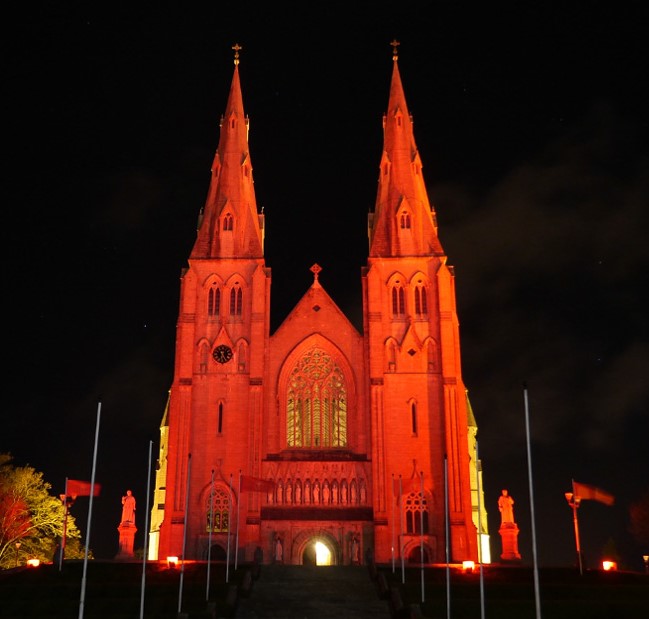
Persecuted Christians worldwide will be remembered next Wednesday as dozens of churches across Ireland will be lit up in red in an event organised by Aid to the Church in Need (ACN) Ireland.
Michael Kelly, Director of Public Affairs, told Crux, “lighting the statue of Patrick is particularly important, given that from St Patrick a great nation of saints and scholars around and brought Catholicism all over the world.”
“And it was also to Patrick where the Irish turned during times of religious persecution to strengthen our resolve to cling to the faith that Patrick brought to us,” he added.
ACN supports 6,000 vulnerable Christian communities in 140 countries.
The charity says red is the traditional colour of martyrdom, and highlights the fact that one in seven Christians in the world live in an environment where they are persecuted or discriminated against because of their faith.
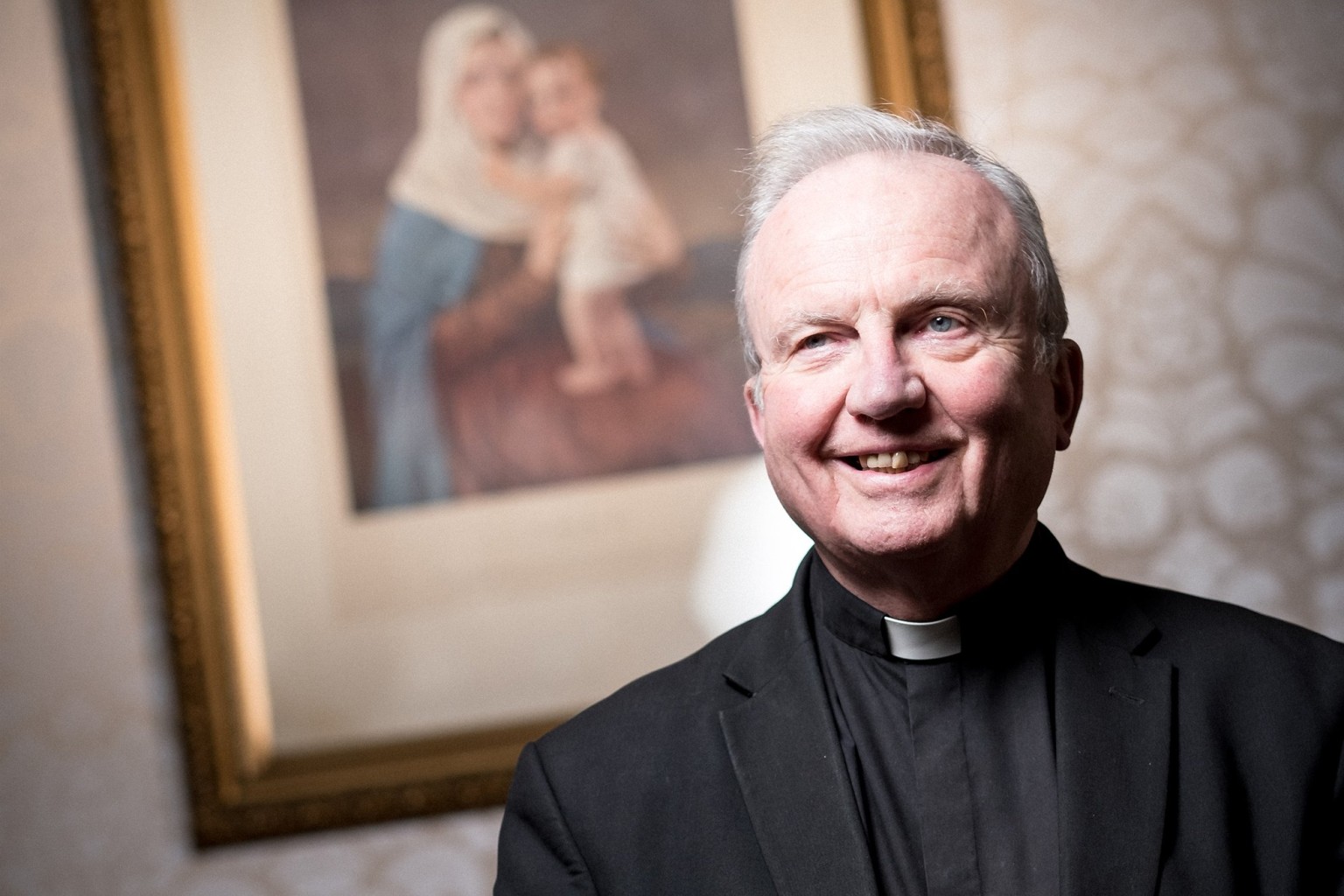
There is a “crisis” among young people who “we are losing to self-harm, through addiction, and reckless actions”, the Bishop of Derry has warned.
Bishop Donal McKeown told The Irish Catholic that priests are “constantly burying young people who die for want of a reason for living”, while also saying the Church must be a “prophetic voice” and critic.
He lamented the lack of reflection in society on root causes: “They don’t ask: ‘How is our worldview actually nourishing dysfunctionality? How is it actually promoting a negative worldview that has no hope?”
“If all you can tell young people is ‘Have fun’, ‘Life is too short to say no’, ‘Let’s feel good’… These are ads, slogans that are being churned out to them. If you keep telling them that, no wonder they will say ‘what on earth’s all this whole living thing about?’ It’s good for the market, but our job is to critique what the strong would like us to promote.”

Judges have no place deciding who can die by assisted suicide the former head of the UK High Court’s family division has said.
Sir James Munby warned that it was not the “proper function” of a judge to rule whether someone would be eligible for such a death, and described the proposals, by Kim Leadbeater, the Labour MP, as “defective”.
In a major intervention in the controversial debate, he suggested it was “not what judges do and not what judges are for”.
Ms Leadbeater published her Private Members’ Bill, the Terminally Ill Adults (End of Life) Bill, on Monday night. The draft legislation gives High Court judges the final decision on whether an assisted death can go ahead.
However, Sir James, one of Britain’s most eminent retired judges, accused the MP of promoting a “profoundly unsatisfactory scheme” that would be open to abuse.
“All in all, in relation to the involvement of the judges in the process, the Leadbeater Bill falls lamentably short of providing adequate safeguards,” he said.
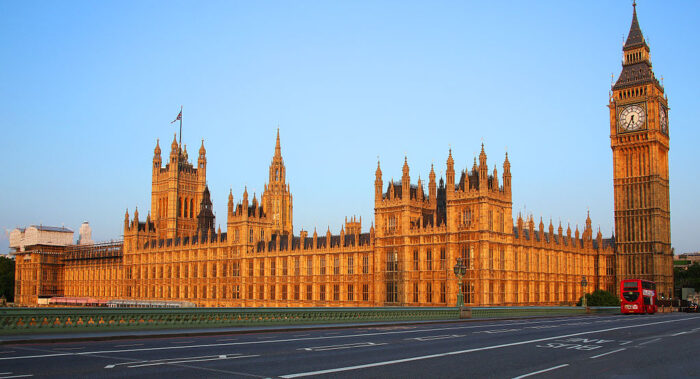
The UK’s Health Secretary Wes Streeting has ordered a costing to the NHS of implementing any new ‘assisted dying’ law.
Mr Streeting has announced his plans to vote against the Bill when it is debated in Parliament later this month.
Referencing a “chilling slippery slope argument”, he said he would “hate for people to opt for assisted dying because they think they’re saving someone somewhere … money, whether that’s relatives or the NHS.”
Speaking to ITV News earlier, the cabinet minister said: “I’m voting against assisted dying. I’ve got practical concerns about the Bill.”

The Green Party has vowed in its manifesto to institute controversial guidelines from the World Professional Association for Transgender Health, or WPATH, which include availability of puberty blockers for teenagers. This is despite strong criticism from the Cass Review in the UK which highlighted the lack of an evidence base for such drugs.
In their manifesto, the Greens pledge to “Implement a community-based, person-centred model of trans healthcare, ensuring universal access to evidence-based care. Our policy will be guided by the World Professional Association for Transgender Health.”